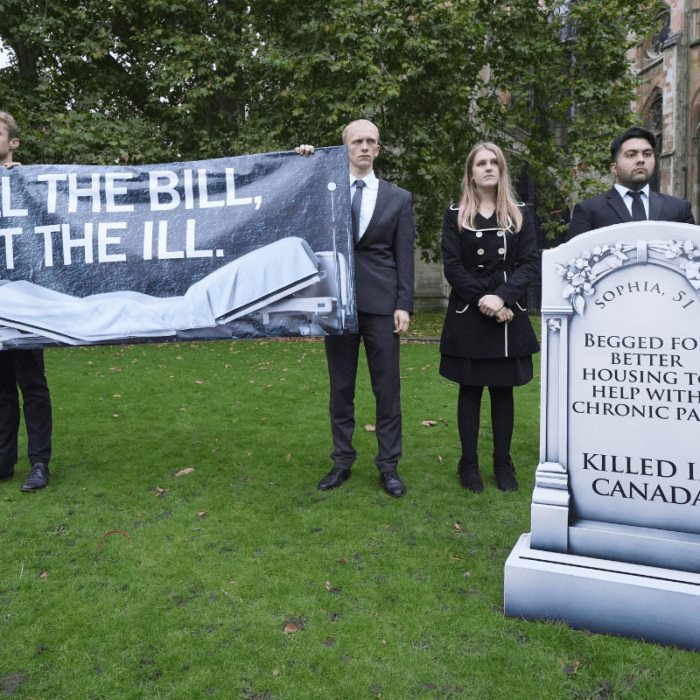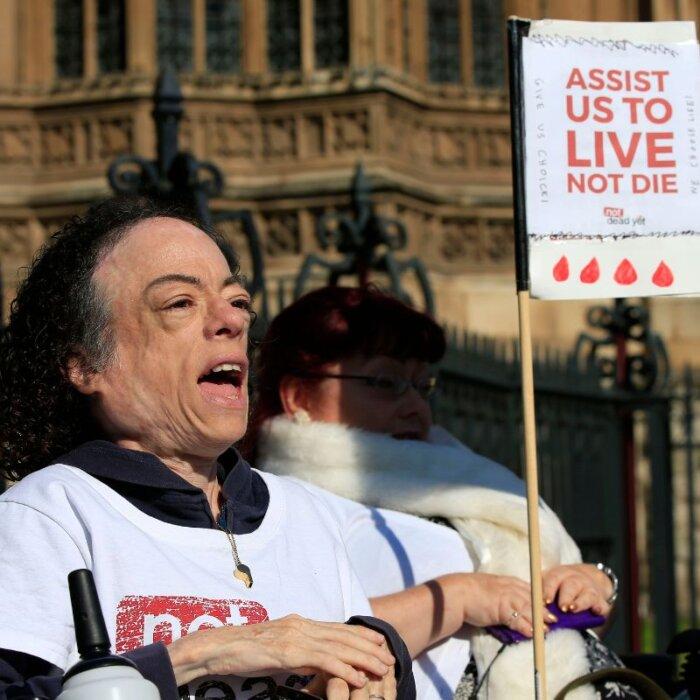A Private Members’ Bill on assisted suicide has been published, leaving less than three weeks before the first vote on the measures in the House of Commons.
Labour MP Kim Leadbeater, who put forward the Terminally Ill Adults (End of Life) Bill, said on Tuesday that the proposed legislation is the “most robust” in the world.
It says that the form will need to be signed off by two doctors and a High Court judge.
Coercing a person to agree to assisted suicide would be an offence under the proposed legislation, punishable by up to 14 years in prison.
‘Rush It Through’
Pro-life campaigners have expressed concern over the timescale for reading Leadbeater’s bill, warning a law could be rushed through without proper scrutiny.Right to Life UK noted that the last time MPs voted on the issue in 2015, they were given almost two months to read the bill before it was voted on. After having sufficient time to scrutinise it, MPs overwhelmingly rejected the measures in a vote, 330 to 118.
Catherine Robinson, the spokeswoman for Right to Life UK, said in a statement on Monday: “It’s outrageous that MPs and the wider public are only seeing this Bill barely two weeks before it goes to a vote.
“What is being proposed is a monumental change to our laws, and it’s totally unjustifiable and fundamentally undemocratic to try and rush it through without proper public scrutiny.”
Christian Action Research and Education (CARE) echoed these concerns, saying that two weeks was “much too narrow of a time-frame.”
No ‘Pressure’ From Starmer
Prime Minister Sir Keir Starmer has said he would allow for a free vote in Parliament if a Private Members’ Bill was brought forward on legalising assisted suicide.Speaking from COP29 in Baku, Azerbaijan, the prime minister added that he “will not be putting pressure on any MP to vote one way or the other.”
Justice Secretary Shabana Mahmood also said that she would be voting against the bill on religious grounds, adding, “I don’t think that death is a service that the state should be offering.”
No Safeguards Strong Enough
Critics of the proposals warn that even with so-called “robust” safeguards in place, vulnerable people could still be coerced into accepting state-administered suicide.“The prohibition of killing is the safeguard. The current law is the protection for the vulnerable,” Our Duty of Care’s letter, penned by Dr. Gillian Wright and Dr. David Randall, said.
MPs have been urged to invest in better ways to support and care for terminally ill people, rather than voting to legalise assisted suicide.
CARE said, “We believe the UK’s existing, life-affirming approach – meeting a person’s physical, mental, and spiritual needs as they grapple with an illness – is the most ethical, and compassionate one, and we'd urge parliamentarians to uphold this approach in the coming years.”







